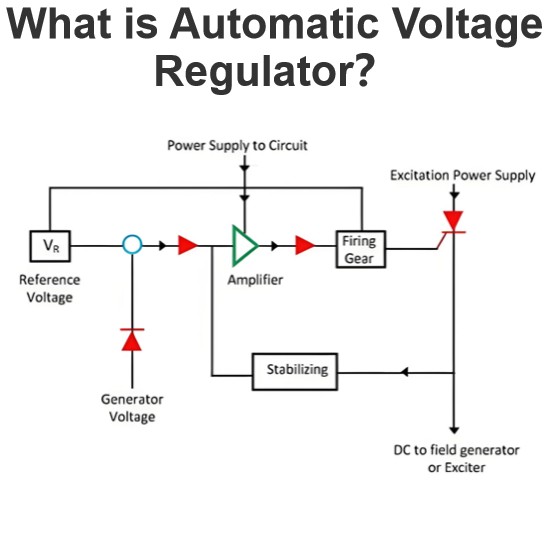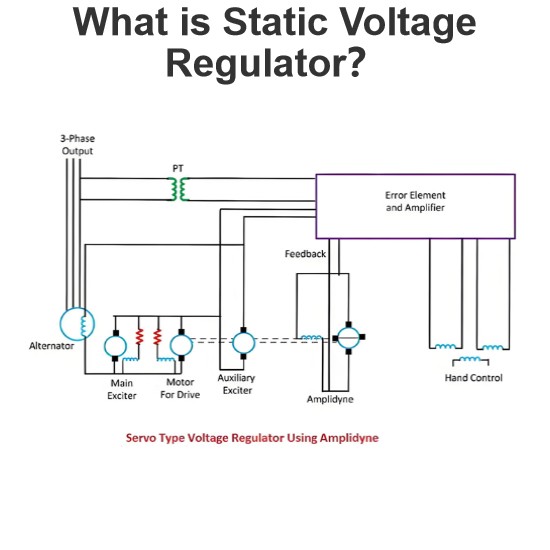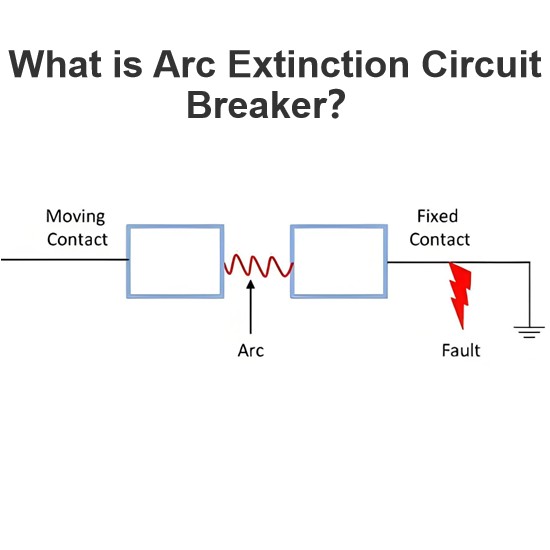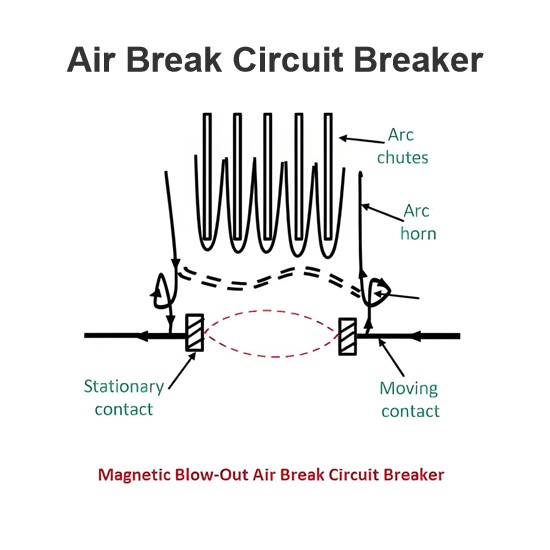Before an earthing switch can be closed, do you have to ensure the circuit is dead?
Yes, before closing an earthing switch (or grounding switch), it is crucial to ensure that the circuit has been de-energized. This is done for safety reasons to prevent electric shocks or damage to equipment. Here is a detailed explanation of why this is necessary and the steps involved:
Why Should You De-Energize First?
1. Safety (Safety)
Avoid Electrical Shock (Avoid Electrical Shock): Ensuring the circuit is de-energized prevents electric shocks when closing the earthing switch.
Prevent Fires (Prevent Fires): Closing an earthing switch on a live circuit can cause arcing, which may lead to fires.
2. Equipment Protection (Equipment Protection)
Reduce Risk of Damage (Reduce Risk of Damage): Operating an earthing switch on a live circuit can cause damage to equipment, particularly sensitive electrical components.
How to Confirm the Circuit Is De-Energized?
1. Disconnect Main Power (Disconnect Main Power)
Turn Off Circuit Breaker (Turn Off Circuit Breaker): First, turn off the circuit breaker or switch that supplies power to the circuit to ensure the power supply is completely cut off.
2. Use Voltage Detector (Use Voltage Detector)
Voltmeter or Voltage Tester (Voltmeter or Voltage Tester): Use a voltage detector (such as a digital multimeter or voltage tester) to verify that there is no voltage present in the circuit. This step is crucial because sometimes the circuit breaker may fail to fully cut off the power.
3. Visual Inspection (Visual Inspection)
Check Breaker Status (Check Breaker Status): Confirm that the circuit breaker is in the "Off" position and look for any obvious physical indicators that the power supply has been cut off.
Correct Steps for Operating an Earthing Switch
1. Prepare Tools and Personal Protective Equipment (PPE) (Prepare Tools and Personal Protective Equipment, PPE)
Wear PPE (Wear PPE): Wear personal protective equipment such as insulated gloves and eye protection.
Prepare Tools (Prepare Tools): Prepare tools such as a voltage detector and the key for the earthing switch (if required).
2. De-Energize and Verify (Disconnect and Verify)
Disconnect Power Supply (Disconnect Power Supply): Ensure the circuit has been de-energized at the power source.
Verify with Voltage Detector (Verify with Voltage Detector): Use a voltage detector to confirm that there is no voltage present in the circuit.
3. Close the Earthing Switch (Close the Earthing Switch)
Operate the Earthing Switch (Operate the Earthing Switch): After verifying that the circuit is de-energized, operate the earthing switch to close it. This will ensure that any residual charge in the circuit is safely discharged to ground.
4. Place Warning Signs (Place Warning Signs)
Warning Signs (Warning Signs): Place warning signs to alert others that the circuit is under maintenance and should not be re-energized.
Summary
Before closing an earthing switch, it is essential to ensure that the circuit is de-energized. This not only protects the safety of personnel but also prevents damage to equipment. Following the correct procedures for de-energizing and verifying the absence of voltage, and taking appropriate safety measures, is fundamental to any electrical work.
If you have any further questions or need additional information, please feel free to ask!
The Electricity Encyclopedia is dedicated to accelerating the dissemination and application of electricity knowledge and adding impetus to the development and innovation of the electricity industry.













